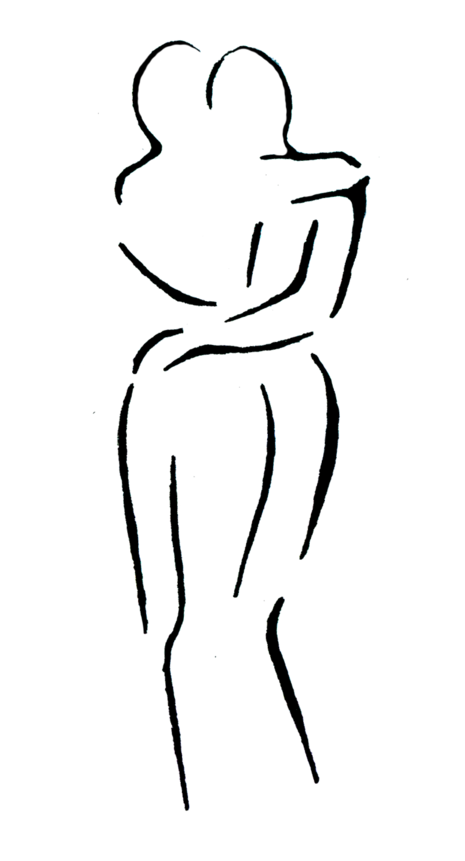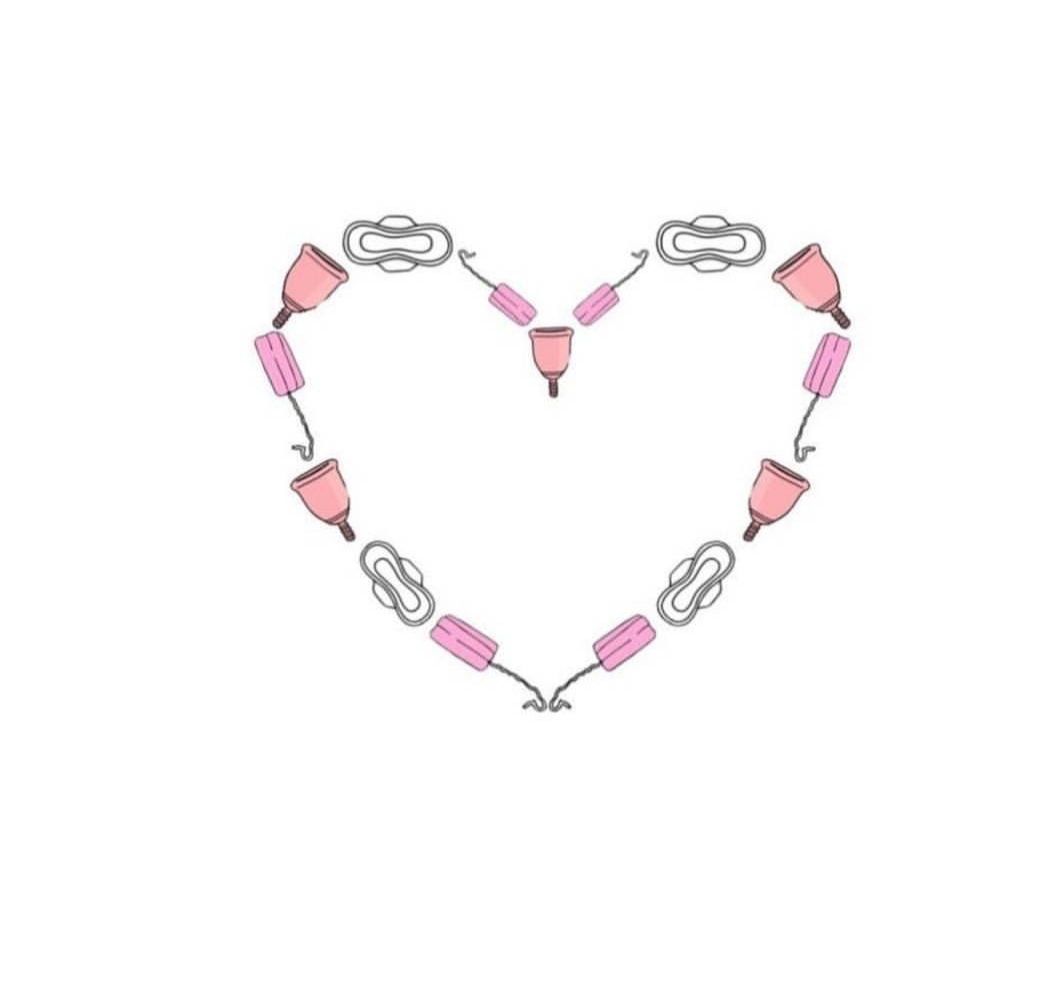Vulvodynia
Some #sexeducation for this Friday evening. With #vulvodynia being the todays topic. Vulvodynia means ongoing pain in the vulva when there is nothing abnormal to see and no known cause for the pain. Whether it is generalised or localised, may be described as provoked, in other words touched, or spontaneous (occurring without touch as a trigger). Many conditions affecting the vulva can be painful (e.g. infections such as thrush or herpes, or eczema). In vulvodynia, pain is felt in the vulva when there is no obvious visible cause for it and other diagnoses have been ruled out by examination and investigation.There is also localised vulvodynia (also known as Vestibulodynia) which is a term used for pain arising at the entrance of the vagina. This is when any pressure, (touch or friction) is applied. Vulvodynia is not only physically painful but it can disrupt and unhinge intimate relationships and take and emotional and mental toll. In my next post I will be talking about treatment methods for vulvodynia.












